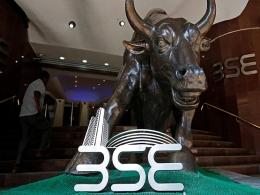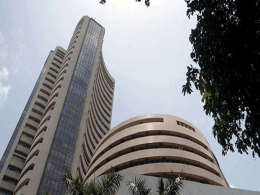India’s retail inflation dropped to a four-month low in March, increasing the chances that the RBI will ease interest rates further in its efforts to encourage economic activity that has stalled amid the coronavirus outbreak.
Inflation could decline again this month, economists said, as record grains and horticulture production combine with weaker global oil prices to bring down retail prices already hit by falling domestic demand.
Annual retail inflation eased to 5.91% in March, down from 6.58% the previous month, and 5.93% forecast in a Reuters poll of economists. However, it remained above the mid-point of the Reserve Bank of India’s (RBI) 2-6% target range, the Ministry of Statistics data showed on Monday.
Annual food inflation eased to 8.76% in March from 10.81% in February, the data showed.
Economists said that softening prices could encourage RBI to ease interest rates in addition to other measures to support businesses hit by the national lockdown to combat the coronavirus outbreak.
“Retail inflation could slow further and give the RBI more scope to cut interest rates further or take unconventional measures,” said Rahul Gupta of Emkay Global Financial Services in Mumbai.
He said the lockdown has affected the input costs and pricing power of manufacturers.
Last month’s core inflation, excluding food and fuel, was estimated in the range of 4.07-4.08% by two analysts, compared with 3.8-4.09% the previous month. The statistics ministry does not release core inflation data.
The RBI last week said that the outlook for India’s economic recovery has been sharply altered by the coronavirus outbreak, and revised its CPI inflation estimate to 4.8% in the June quarter and 4.4% in the September quarter.
RBI’s Monetary Policy Committee (MPC) cut interest rates by 75 basis points in an emergency meeting last month and has taken steps to shore up liquidity, in line with most major central banks around the world.
Prime Minister Narendra Modi is worried about the spread of coronavirus and its impact on economy, with the government considering allowing some manufacturing activity even as he plans to extend the 21-day national lockdown this week, sources told Reuters.
The government is expected to announce a second stimulus package in next few days after unveiling 1.7 trillion rupees ($22.6 billion) of support last month, making direct cash transfers and implementing food security measures to give relief to the millions of poor hit by the lockdown.







